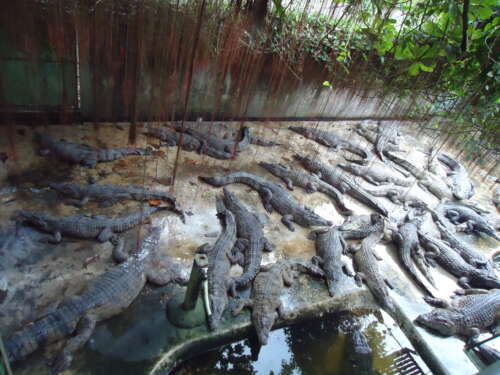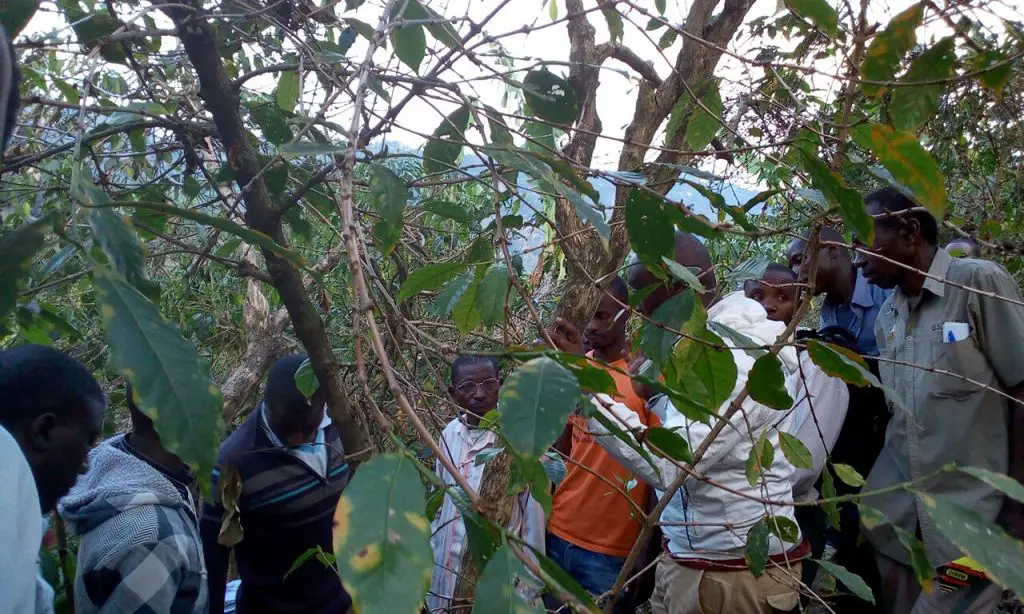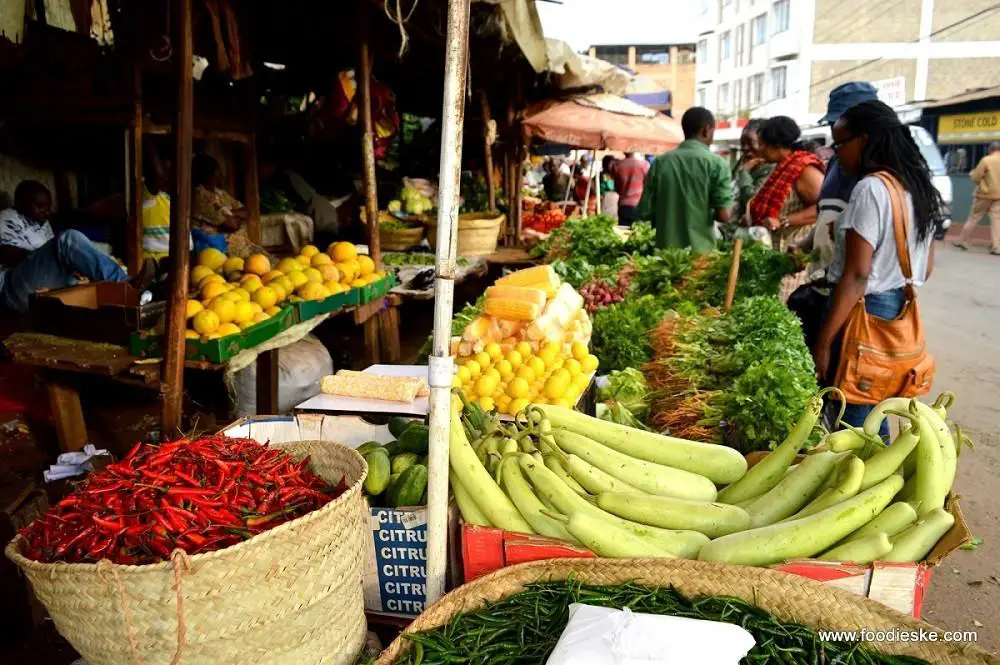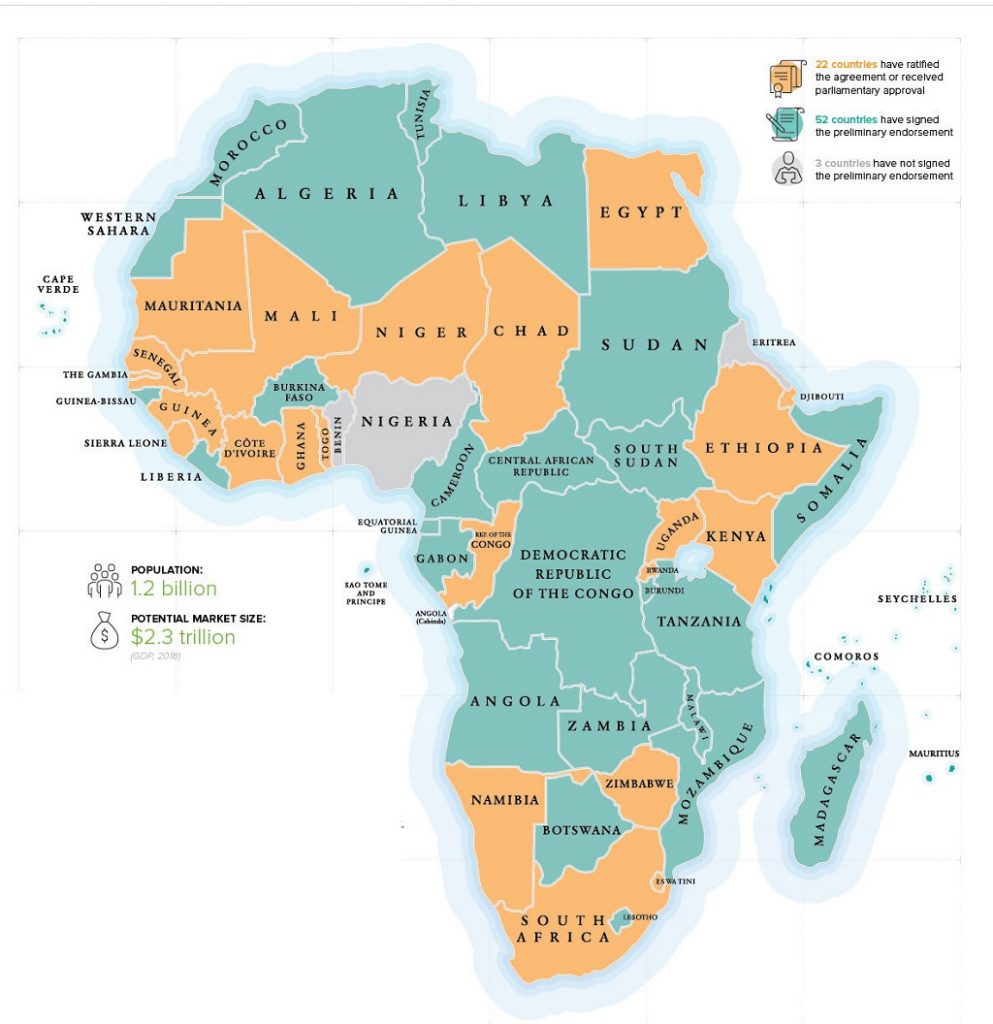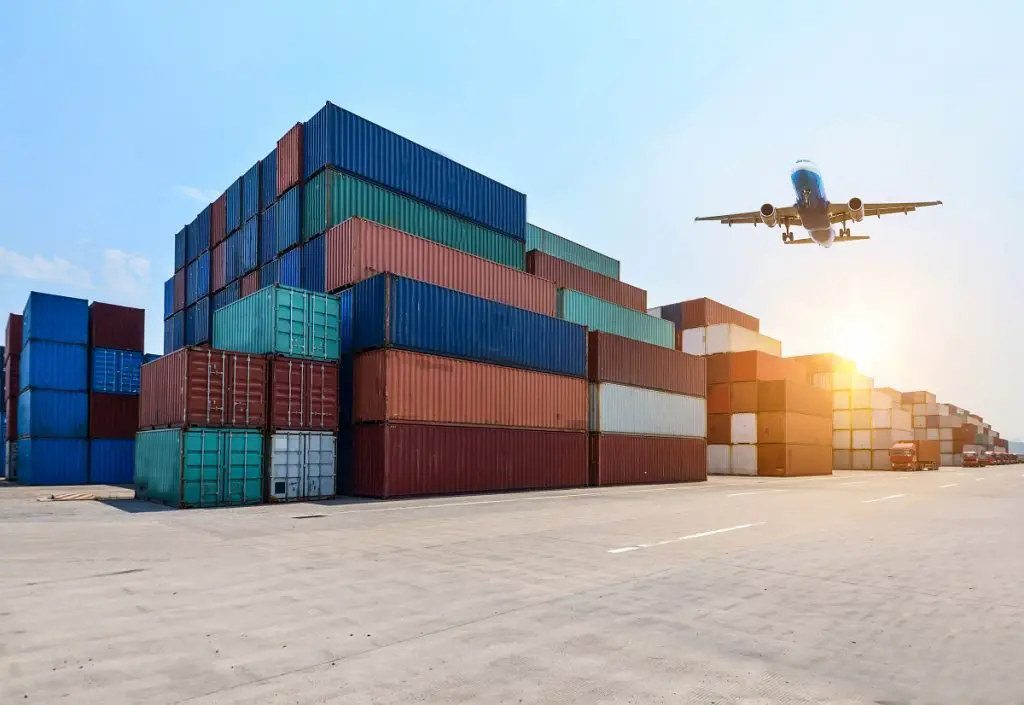- Abu Dhabi radiates optimism as over 300 startups join AIM Congress 2024
- TLcom Capital Raises $154 million in Funding to Boost Its African Growth
- Africa’s $824Bn debt, resource-backed opaque loans slowing growth — AfDB
- LB Investment brings $1.2 trillion portfolio display to AIM Congress spotlight
- AmCham Summit kicks off, setting course for robust future of US-East Africa trade ties
- Why the UN is raising the red flag on the UK-Rwanda asylum treaty
- Portugal’s Galp Energia projects 10 billion barrels in Namibia’s new oil find
- Wärtsilä Energy offers tips on how Africa can navigate energy transition and grid reliability
Browsing: SMEs
SMEs are the major contributor to investments in the agricultural sector in Africa. In most cases, most African enterprises are run as opportunistic arbitrage entities keen on profiting from demand/ supply disparities because of a lack of substantial capital.
Investment into value addition business is limited in this sector due to challenges arising from lack of finance, poor access to markets, and lack of supporting policies. The continent’s main formal economic activity is agriculture, contributing 80% to the region’s employment.
Snapshot of the industry
Crocodile farming is an agricultural niche that holds vast potential for profit-making and value addition for SMEs. The risk of failure in this market segment is relatively low because of farming support systems and a readily available high-demand market.
The sector generates hundreds of millions in exports through the global demand for crocodile skins.
Other uses and income-generating avenues from this farming venture include …
The African Development Bank’s Affirmative Finance Action for Women in Africa (AFAWA) program agreed to partner with the African Guarantee Fund (AGF) to provide $1.3 to 2 billion in loans to women-owned Small and Medium-Sized Enterprises (SMEs) in Africa, by working with financial institutions to enhance their ability to lend to women.
This comes after the launch of AFAWA’s Guarantee for Growth (G4G) program whose objective is to make available up to $3 billion in financing for women entrepreneurs through de-risking and technical assistance measures. Financial institutions in Kenya, Rwanda, Tanzania, Cameroon, Democratic Republic of Congo and Uganda are signing on to the program.
“As the implementing partner of AFAWA’s Guarantee for Growth program, we are already observing an increased appetite from banks for this innovative product that seeks to support women entrepreneurs. We have recently signed agreements with leading banks on the continent who are keen to increase their …
Rwanda has become a role model for other African countries…
Technology is changing the way people live and in Africa, innovators are living on the edge to create solutions for everyday problems and challenges.
As the Silicon Savannah, Kenya has stood out not only because of its innovations but also due to the attraction that it has become to investors.
In early October, Kenya was ranked alongside Singapore, the Republic of Korea, Brazil and Israel as a country that is an innovation hotspot attracting entrepreneurs and start-ups from around the globe.
The World Economic Forum (WEF) has featured these five countries based on how each government has developed policies to support the tech ecosystem within their jurisdiction.
For perspective, the start-up scene on the continent has been progressively dynamic over the years where the total investment in start-ups in Africa crossed the US$2 billion mark in 2019.
Africa is witnessing a growing population which is increasingly adopting the use of …
Agri-SMEs in East Africa face an acute need for finance tailored to their specific requirements.…
AfCFTA must be an engine for growth as much as an engine for inclusion.…
The trade finance gap remains unacceptably high at US$81 billion as of 2019.…
Accounting for about 16 per cent of the world’s human population, the demands continue increasing especially for job creation, food security and education among others.…
South Africa’s declining GDP is expected to set back efforts to address unemployment, poverty and inequality according to a new United Nations Development Programme study on the socio-economic impact of COVID-19 in South Africa by at least five years.
The gross domestic product (GDP) of South Africa is expected to 5.1 per cent and 7.9 per cent in 2020 and recover slowly for at least the next four years.
The study was launched by Dr Nkosazana Dlamini-Zuma South Africa’s Minister of Cooperative Governance and Traditional Affairs.
The study focused on how COVID-19 will drive temporary and long-term changes in poverty levels in the country. According to the study, the number of households below the poverty line will increase as households fall from the lower middle class.
As South Africa’s 6-month stimulus packages come to an end, 54 per cent of households that have been pushed out of the permanent job …
The economic disruption caused by the Covid-19 pandemic has slowed the region’s growth projection to 1.2 per cent for 2020.…





